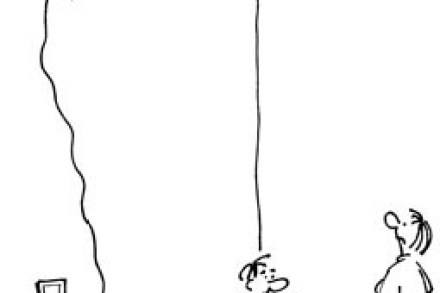King of the lurid spectacle
What a strange, gifted little martinet he was, this celluloid Nixon who demanded that his every word, no matter how trite or banal, was preserved exactly by his ‘field secretary’ while another acolyte, the ‘chair boy’, ensured that wherever he was he could sit down without looking. Surrounded by these perpetual attendants and telling his








